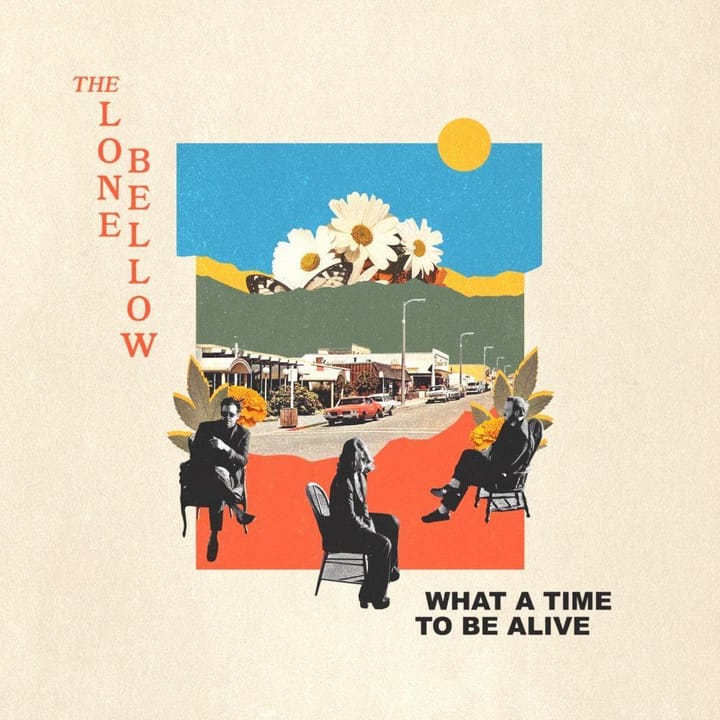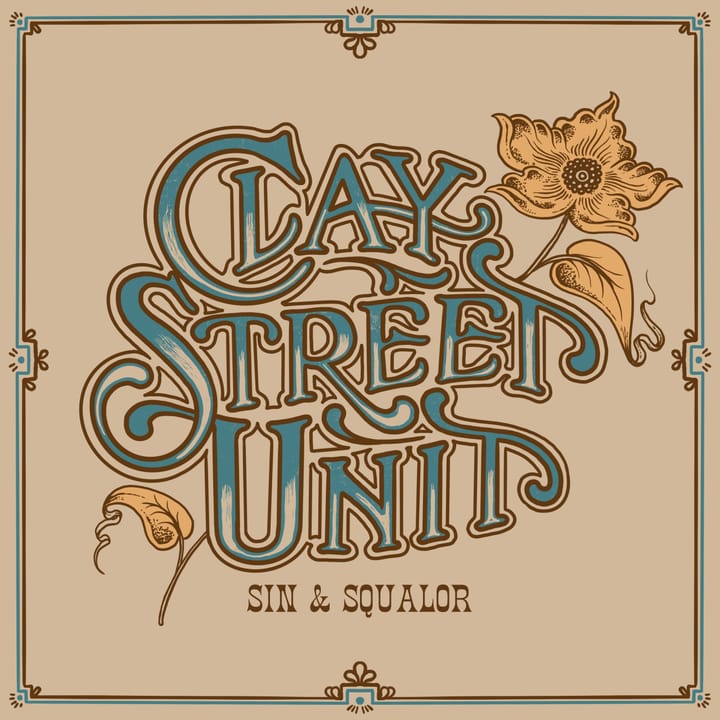Can you be a rock star if the voice that is most readily comparable to yours is that of Andy Devine's? Devine, you may recall, was the comic actor with a cracked voice who appeared in a zillion movies and TV shows. Elvin Bishop sounds just like him. Come to think of it, the grinning, mop-haired Bishop even looks kind of like Devine.
So, no, you wouldn't exactly pick him as a prospective chart-busting act.
And he wasn't/isn't one, really, though he has managed a long career playing blues and southern rock; the one time he did score a major hit, 1976's top-five smash "Fooled Around And Fell In Love", Bishop stepped aside and turned the vocals over to future Jefferson Starship singer Mickey Thomas.
Hits were never really Bishop's forte, of course. He is a natural performer most at home onstage, where he can loose his alter ego, Pigboy Crabshaw, and focus on his guitar-playing abilities (which are considerable) rather than pitch-perfect vocals (which are not).
At the dawn of his solo career, Bishop was fresh from the Butterfield Blues Band, which had done much to expand the audience for blues. Bishop was equipped with charisma and chops, but not much else. His shortcomings as a leader are apparent on his first three albums, recently reissued by Sundazed.
On his debut, The Elvin Bishop Group (originally released in 1969), Bishop proved he could create genuine excitement with his playing, as on the album opener, "The Things I Used To Do". The second track, "Tulsa Shuffle", is a smoking instrumental, but the disc peaks early. After that, the fare is merely adequate, as evidenced by Bishop's versions of Percy Mayfield's "Prisoner Of Love" and J.B. Lenoir's "How Much More".
Bishop's comic persona takes over on two songs, "Dad Gum Ya Hide, Boy" and "Sweet Potato". The latter tune, which attempts to enumerate his woman's ugly features, is wildly misogynistic by current standards, but mild compared to Bishop's later hit "Travelin' Shoes", on which he threatens to take Hank Aaron's baseball bat and "tenderize" the head of his soon-to-be ex.
Two live bonus tracks, "So Fine" and "Party Till The Cows Come Home", are welcome additions, though both were previously available on The Last Days Of The Fillmore.
On his second album, Feel It (1970), Bishop all but disappears into the woodwork. He's still an instrumental force, but the vocals are taken over by Jo Baker, Bishop's girlfriend at the time. Baker is a better singer than Bishop, but she's poorly suited to the direction the music takes, away from blues somewhat and toward rock and soul. More notable are the background vocals of the Pointer Sisters; but how often is an album praised because of its background vocals? That gives a pretty good idea of the merits of Feel It.
Still, Wilson Pickett's "Don't Fight It (Feel It)" is a strong opening workout, and "I Just Can't Go On", which spotlights the Pointers, is also memorable. The instrumental "Hogbottom" works too, though it sounds more like Santana (no surprise, since it features two Santana sidemen) than it does Bishop's own band. Otherwise, the album, most of it written by Bishop, is pretty forgettable. (The bonus track on Feel It is "Stealin' Watermelons", previously available as a single.)
Bishop expanded his sound on Rock My Soul (1972), adding horns and strings on several songs. The background vocals, this time by Delaney and Bonnie Bramlett and Clydie King, among others, once again outshine Baker's efforts. Though Bishop is back on the mike for a few good-timey romps, his guitar work remains his most distinguished attribute, especially on the gospel-flavored instrumental "Last Mile". (The bonus track here is the previously unissued "Sit And Wonder".)
Bishop would find the perfect vehicle for his wobbly voice a couple years after these initial solo releases with "Travelin' Shoes", and had a good run as a bandleader thanks to "Fooled Around And Fell In Love". But on these early releases, he's still finding himself.




Comments ()